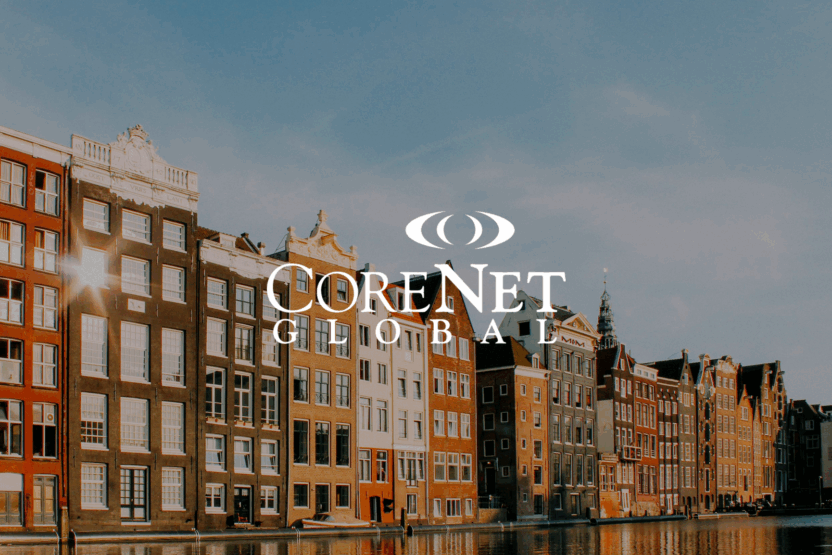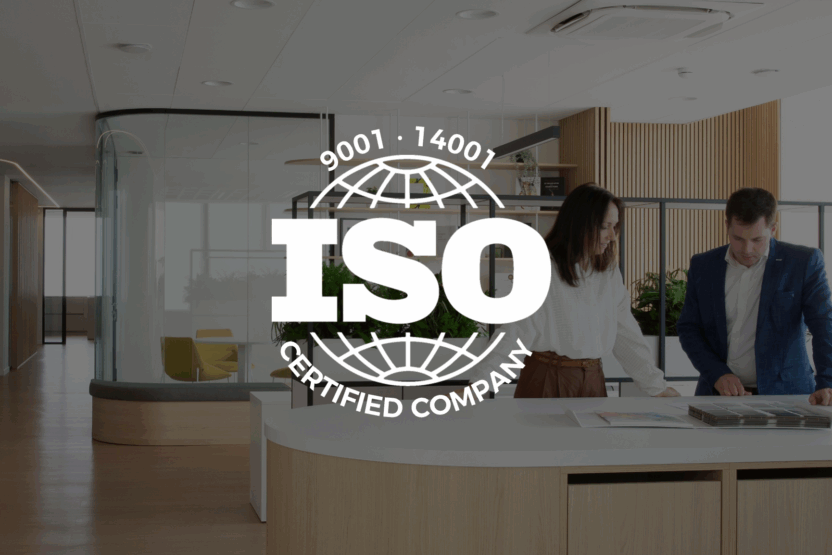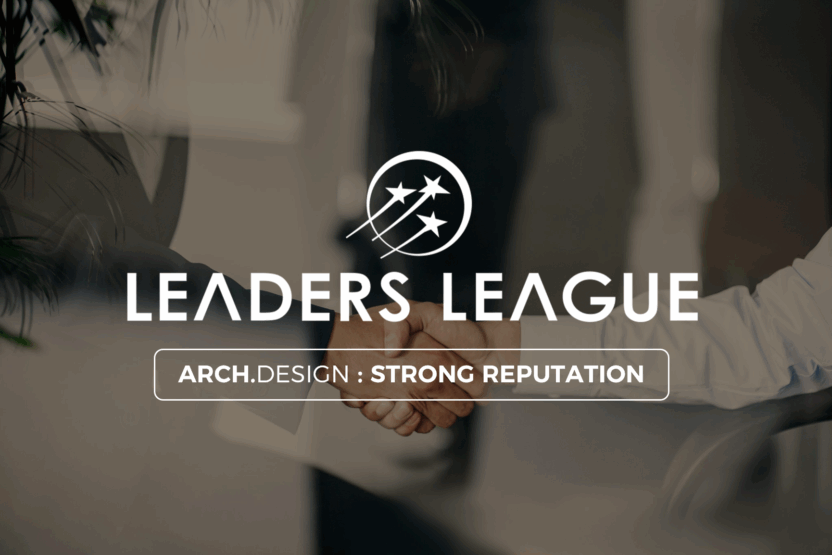How to Anticipate Tomorrow’s Workplace Today?
15 January 2025 – 7 minutes to read
The world of work is undergoing an unprecedented transformation.
Remote work, hybrid models, and the gradual return to the office are reshaping employee expectations and compelling companies to rethink their spaces and practices.
The upheavals of recent years have highlighted one key takeaway: agility and adaptability have become strategic priorities. Yet, beyond short-term solutions, a comprehensive overhaul is essential for organizations aiming to thrive in an ever-changing world.
So, how can we prepare today’s offices to meet the challenges of tomorrow?
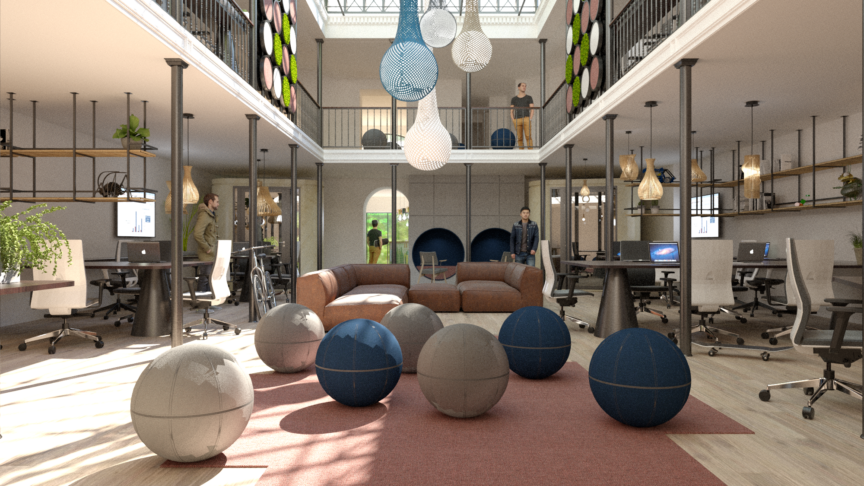
| UNDENIABLE SHIFTS |
Flexibility and Adaptability
|
During the recent years, work practices have undergone radical changes. From widespread remote work to a gradual return to the office, hybrid work has become the new standard.
In this context, workspaces must evolve to meet diverse needs: facilitating team collaboration while providing quiet areas for focus, encouraging informal exchanges without compromising the calm essential for productivity.
This flexibility is achieved through adaptive designs, such as modular spaces or hybrid solutions like flex offices, which enable companies to optimize their office usage. The goal is not to minimize square footage at all costs but to maximize its value by creating attractive environments suited to various needs. For companies, the key lies in aligning with these new practices while maintaining strategic coherence.
| HOSPITALITY |
Bringing a Human Touch
|
With the rise of remote work, the office is no longer a given.
Why go to the office if tasks can be completed remotely? The answer lies in “workspitality”—hospitality in the workplace. A concept once confined to coworking spaces and the hospitality industry, workspitality has been making its way into office environments over the past few years.
Hospitality gives purpose to being in the office by transforming it into a place where employees feel good. Relaxation areas, personalized services, warm atmospheres… These elements make every return to the office enjoyable and motivating.
But it’s not just about comfort: by enhancing the employee experience, hospitality becomes a strategic tool for retaining talent and strengthening team cohesion.
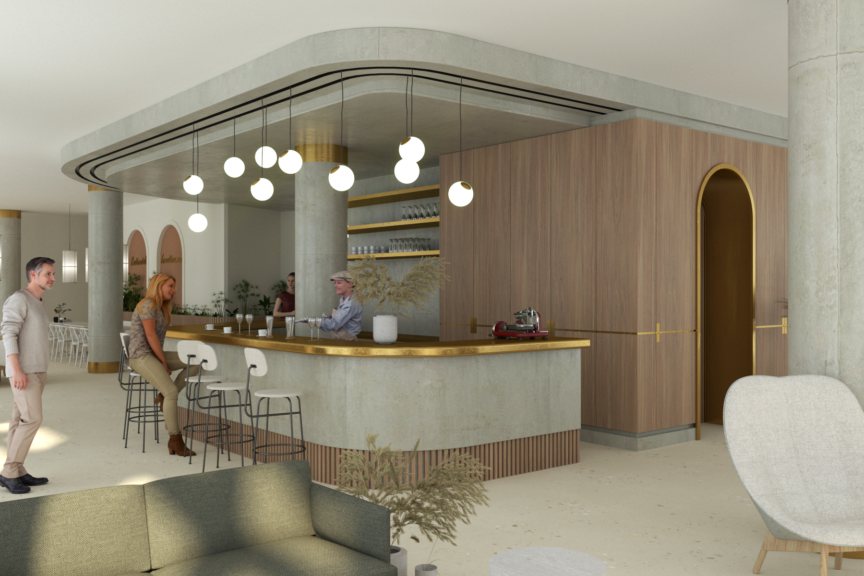
| REINVENTING ORGANIZATION |
The Balance Between Collaboration and Individuality |
The era of traditional open spaces, often associated with noise and distraction, is over. Today, employees are seeking spaces that combine the best of both worlds: open areas for collaboration and private spaces for focused work.
Innovative solutions like soundproof phone booths, modular rooms, and delineated collaborative areas address this dual demand. The key is integrating a variety of layouts within the same environment, allowing each employee to find a space tailored to their needs—whether it’s a team brainstorming session or solo work. By reimagining spaces in this way, companies can not only boost productivity but also enhance employee engagement and well-being.
| REINVENTING ORGANIZATION |
Management at the Heart of Change |
Beyond physical layouts, the way work is organized must also evolve. Managers play a crucial role in this transformation. They are no longer just supervisors but guides who inspire and give purpose to employees’ work.
This new management approach is built on three pillars: communication, flexibility, and support. Managers must foster a company culture that values individual initiatives while creating opportunities for collective collaboration. It is this ability to instill a positive dynamic that retains talent and ensures the long-term sustainability of the organization. Well-designed workspaces, therefore, become tools in service of this managerial vision.
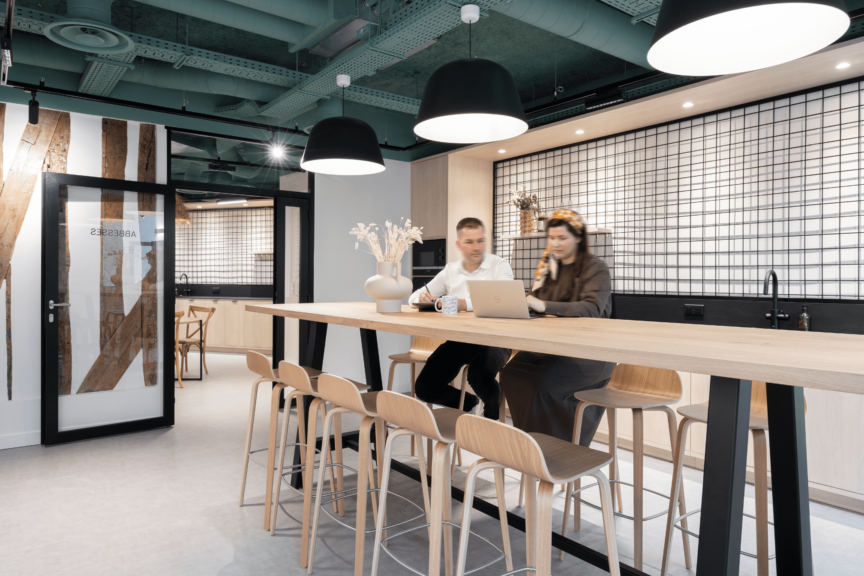
| ANTICIPATE AND ACT |
The key to resilience |
The transformations we are witnessing today are just the beginning. The world of work continues to evolve, and at an increasingly rapid pace. Companies have no choice but to stay agile to thrive. Anticipating trends, experimenting with new approaches, and regularly reinventing practices have become essential to maintaining competitiveness.
Are you ready to take the next step? Discover our Workplace Trends 2025 report, created in collaboration with Snapdesk, MillerKnoll, and Haveagooday, to explore these shifts in detail and gain actionable insights for the future.
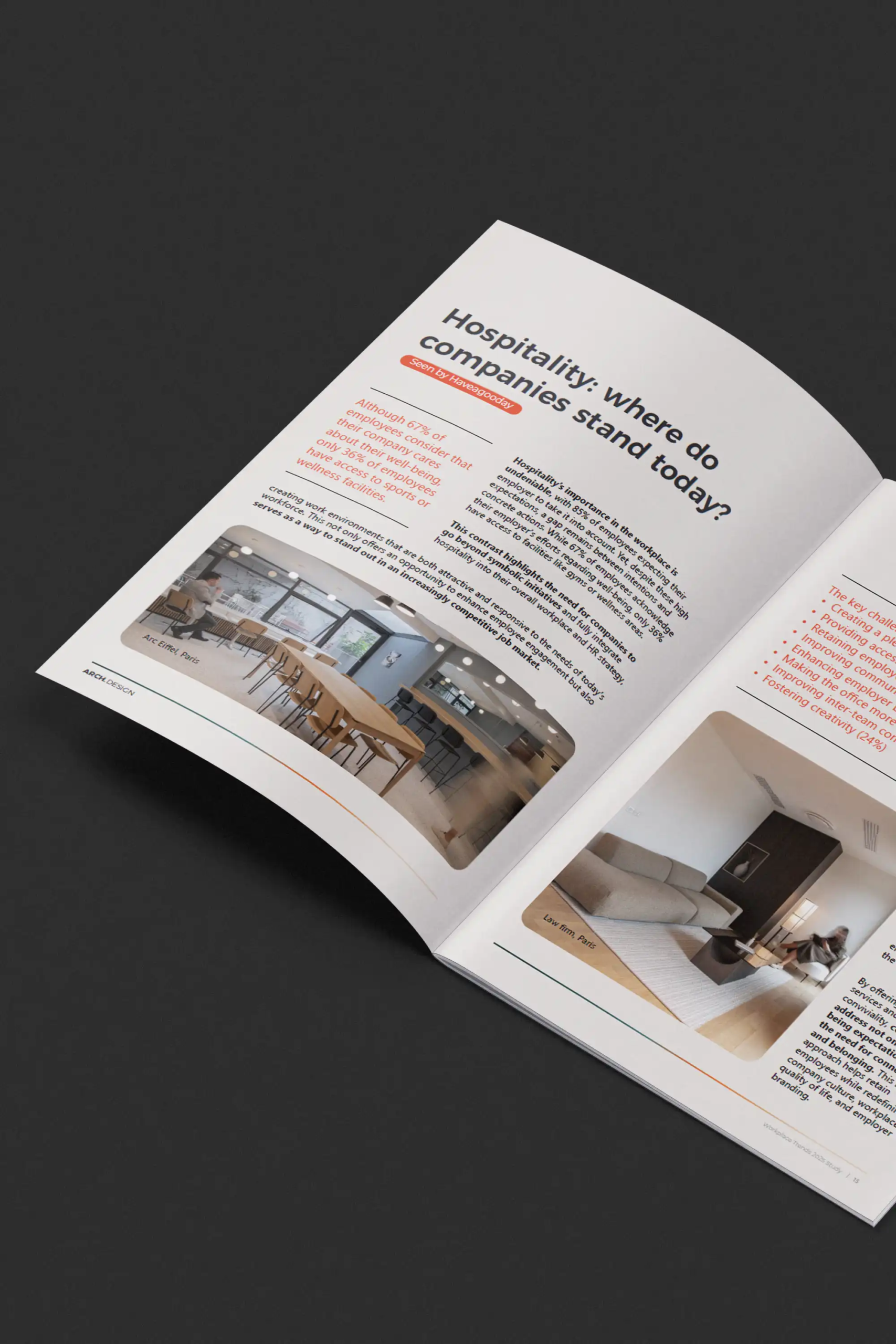
In this report, we will explore:
→ New remote work practices and the limitations of the fully remote model.
→ The concept of "Activity-Based Planning" for workspaces tailored to each activity.
→ The rise of eco-designed offices that are more sustainable and healthier.
→ The evolution of virtual offices and their relevance in 2025.
→ Transformations in open spaces to enhance productivity and comfort.
→ The growing role of flex offices and modular spaces.
→ The importance of hospitality in boosting companies’ appeal.
Download this 10-page white paper and dive into the trends shaping tomorrow’s workspaces to create inspiring, flexible, and high-performing environments.
